Adjunct EMDR Therapy
A thoughtful and collaborative approach to providing comprehensive care for clients dealing with trauma and other related issues.
Adjunct Therapist Bellaire
Here are some considerations and potential benefits:
- Specialized Expertise: Collaborating with another therapist who specializes in EMDR allows the client to receive targeted treatment for trauma, enhancing the effectiveness of the therapeutic process.
- Holistic Care: By acknowledging the limits of your own expertise and seeking collaboration, you're demonstrating a commitment to providing holistic care. This approach recognizes that clients may have multiple issues that require different therapeutic approaches.
- Client-Centered Approach: The flexibility of Adjunct EMDR Therapy, with its concurrent or intermittent sessions, allows for a client-centered approach. It respects the client's needs and preferences, promoting a more personalized and effective treatment plan.
- Synergy of Therapeutic Strengths: Bringing together therapists with different strengths and specialties creates a synergy that can benefit the client. For instance, your expertise in general therapy combined with the EMDR adjunct therapist's specialization in trauma can provide a more comprehensive and nuanced treatment.
- Efficiency and Effectiveness: Intensive work with an EMDR therapist for a specific period can efficiently address trauma-related symptoms. Once the intensive phase is completed, the client can seamlessly transition back to their primary therapist for ongoing support and exploration of other concerns.
- Reducing Therapist Burnout: Recognizing your own limitations and seeking collaboration helps prevent therapist burnout. It allows you to focus on your strengths and interests while ensuring that your clients receive the best possible care for their unique needs.
- Professional Growth and Learning: Collaborating with other therapists provides an opportunity for professional growth and learning. You can gain insights into EMDR techniques and trauma-focused approaches, expanding your skill set for future clients.
- Networking and Referrals: Building a network of collaborative professionals can lead to more referrals and a broader client base. Clients may feel more confident seeking help knowing that you have a network of experts to collaborate with when needed.
In summary, the introduction of Adjunct EMDR Therapy reflects a commitment to client well-being, a recognition of professional limitations, and a proactive approach to offering the most effective and comprehensive care possible. Collaborative efforts like this contribute to the overall improvement of mental health services.
Enduring change involves putting the brain and nervous system at the center of therapy. Enhance resilience, cope with stress, and address trauma through intentional training that revolves around the brain.
Do you feel like an adjunct EMDR therapy program is for you? Get in touch today to get started.
For immediate help, call 988 or go to your nearest emergency room.


